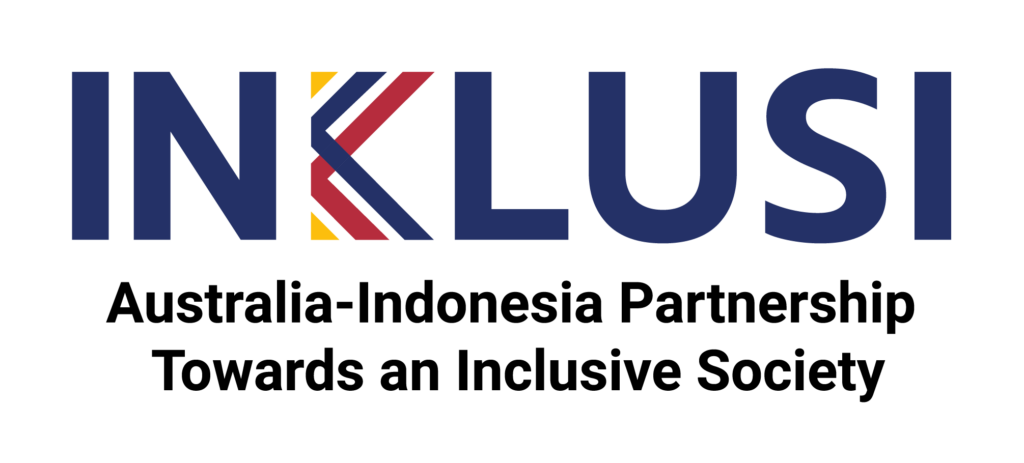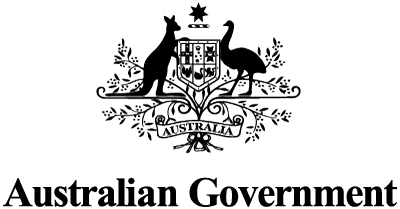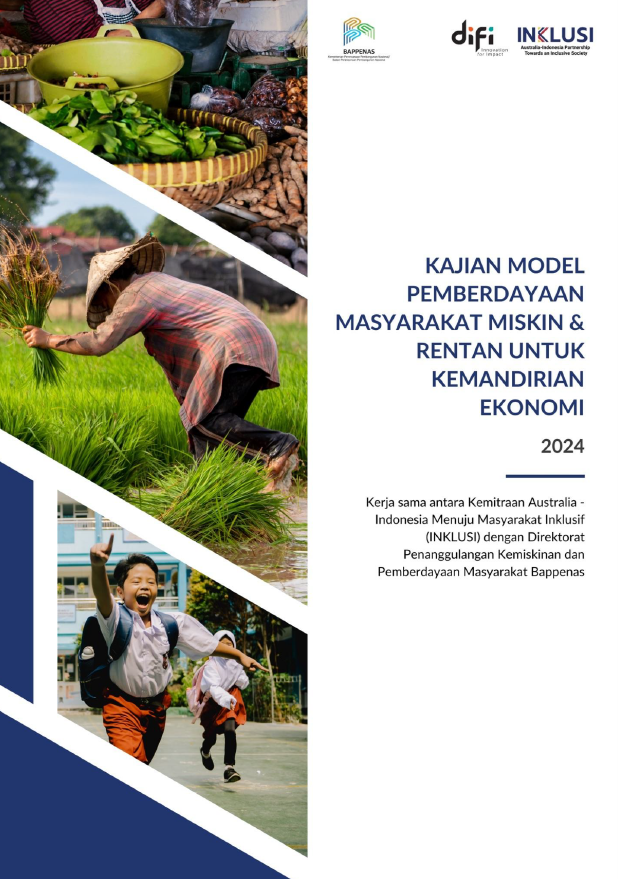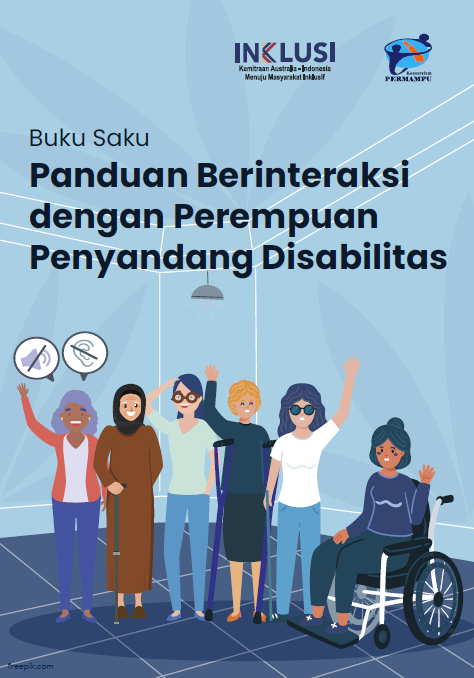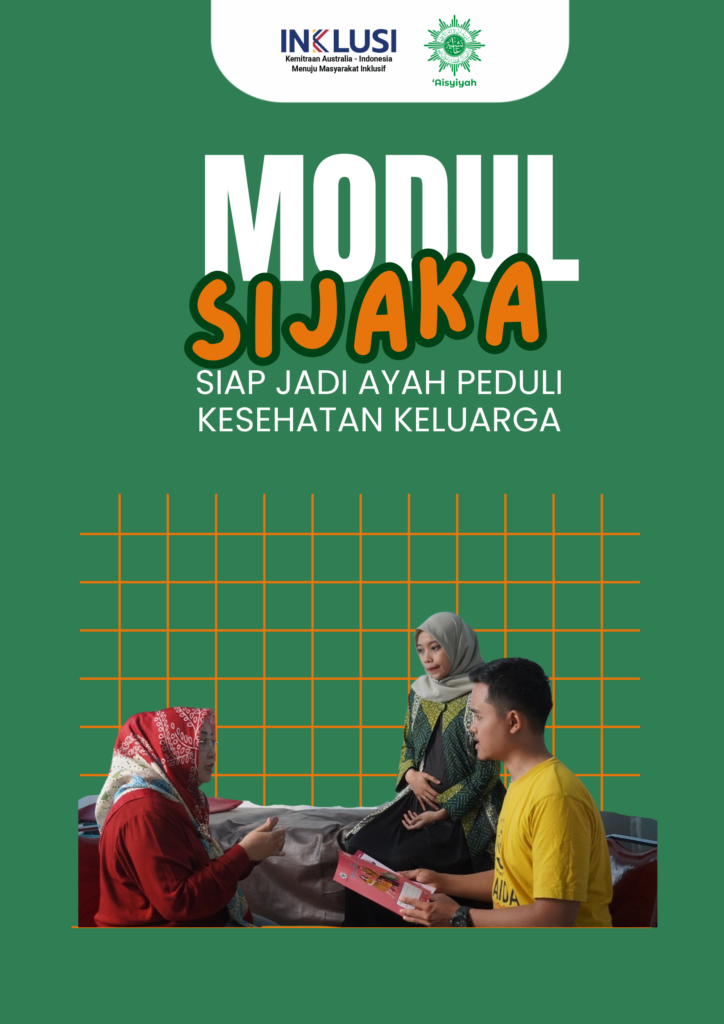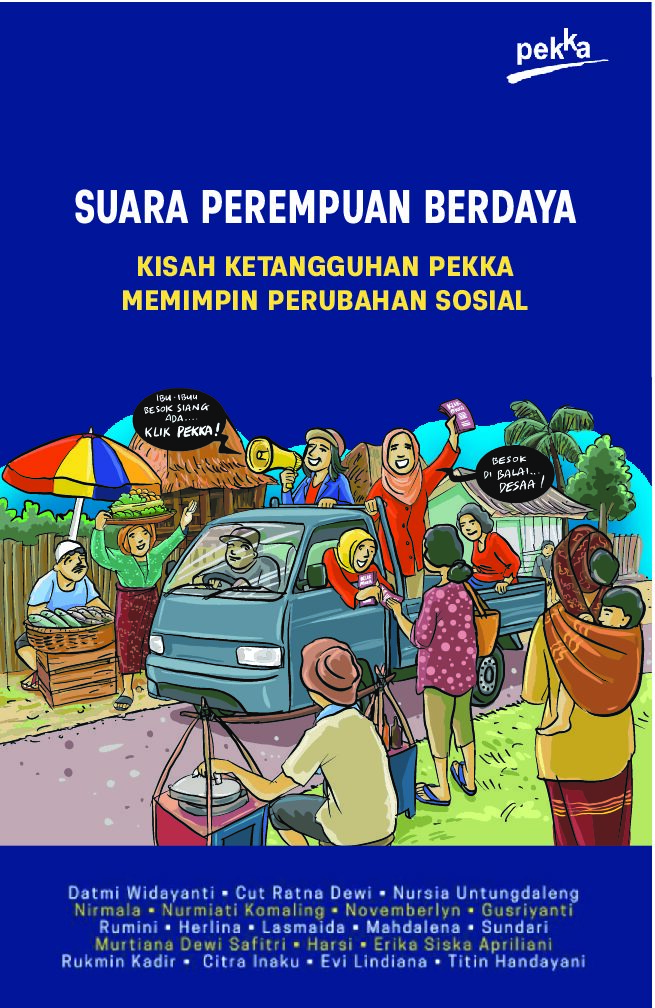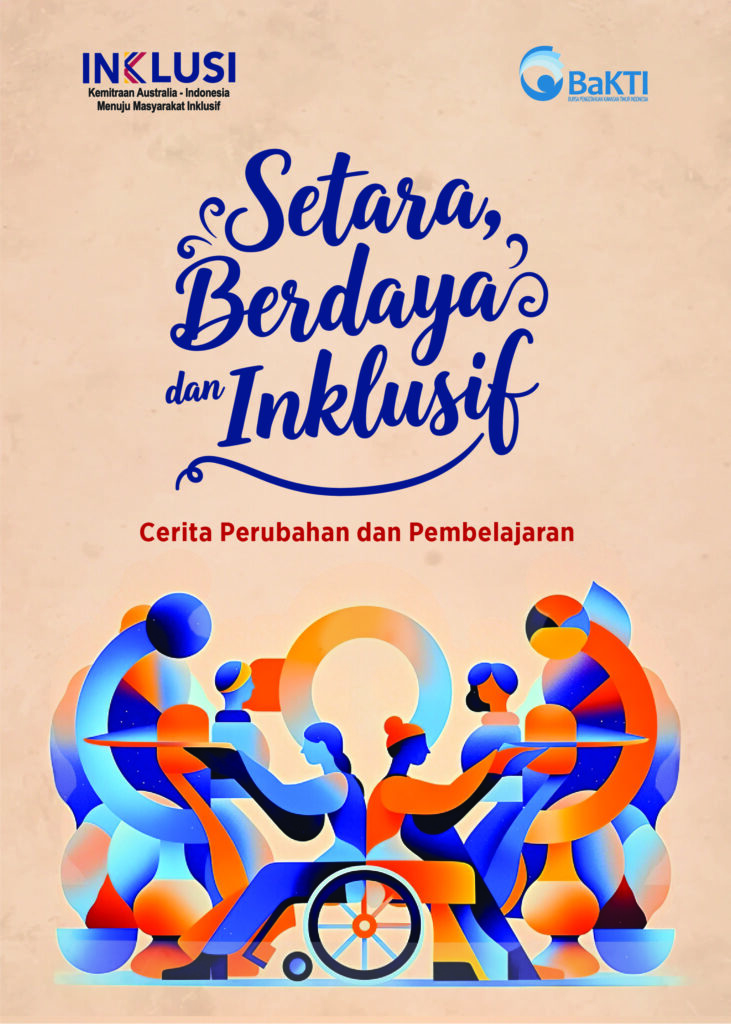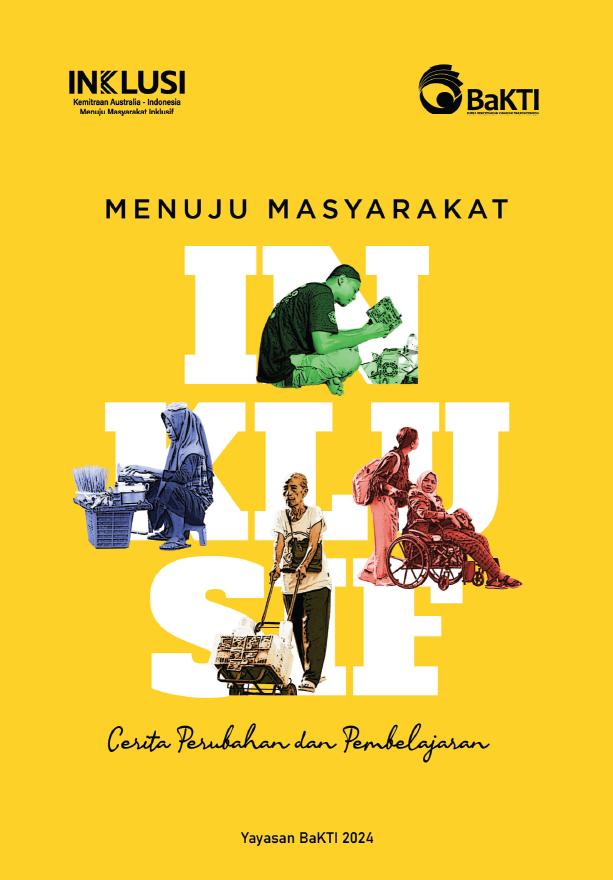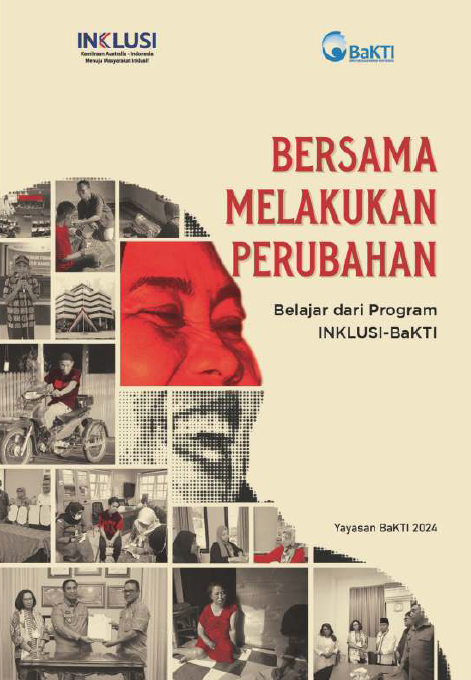This publication was developed through a collaboration between the Australia–Indonesia Partnership Towards an Inclusive Society (INKLUSI) and the Directorate of Poverty Reduction and Community Empowerment (PKPM), Bappenas.
It presents a community development model that serves as a reference for governments, civil society organisations, and other stakeholders to design and implement more effective, efficient, and inclusive empowerment programmes.
The model adopts innovative and adaptive approaches that respond to social and economic dynamics, technological change, and climate challenges, drawing on insights from focused discussions and field visits to capture good practices for future initiatives.
(Only available in Bahasa Indonesia)
